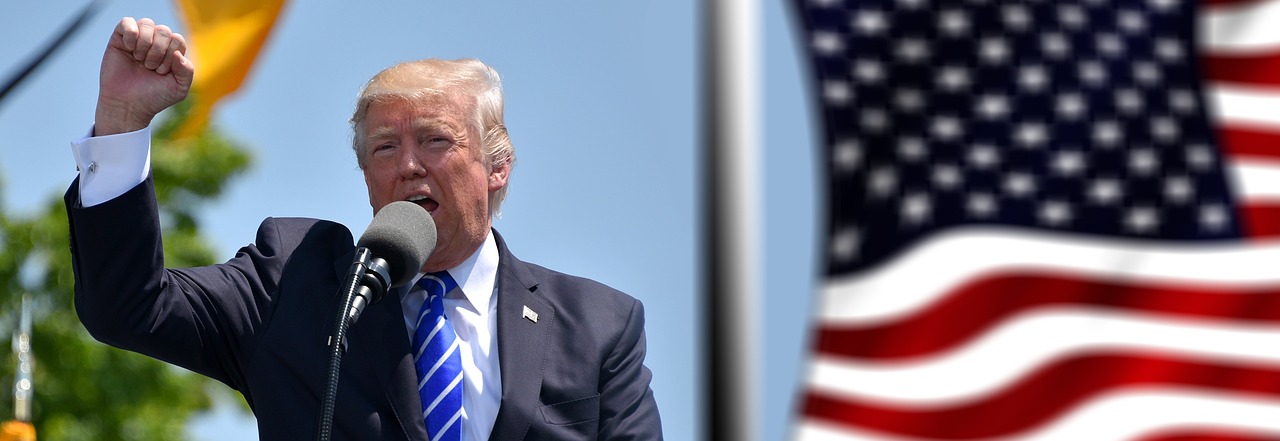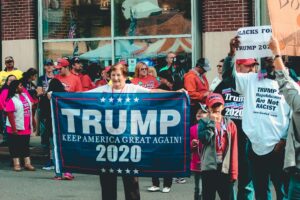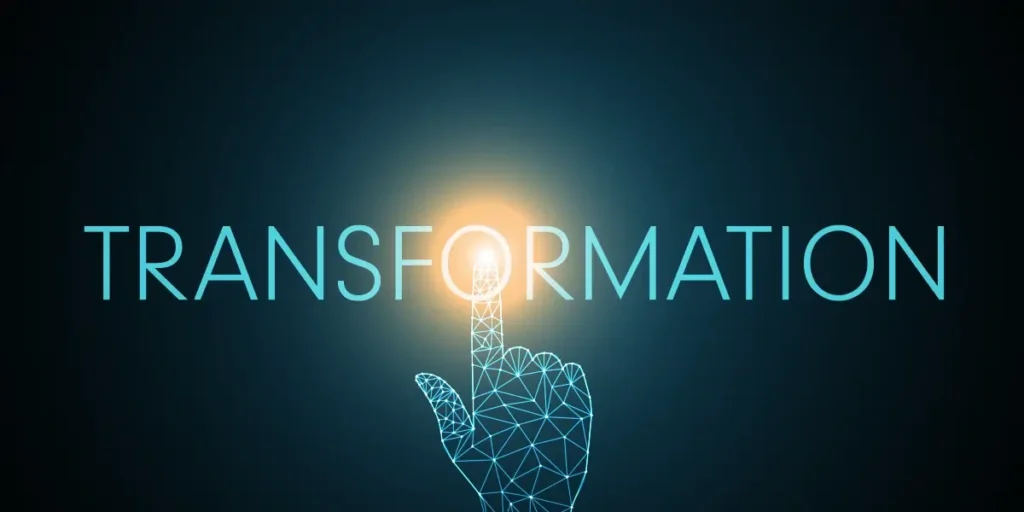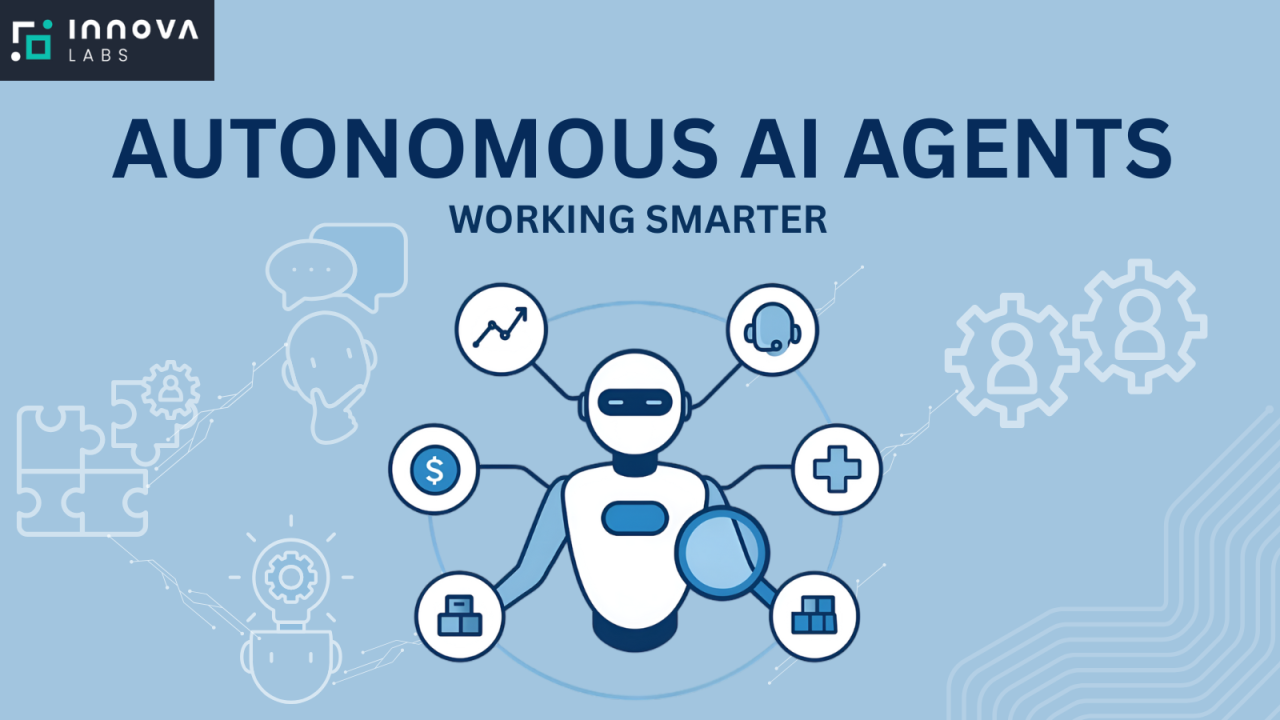Trump Announces 100% Tariff on Computer Chips and Semiconductors, Exempts Firms ‘Building in US’
Introduction
In a bold move on August 7, 2025, President Donald Trump announced a sweeping 100% tariff on imported computer chips and semiconductors. This tariff is designed to incentivize domestic production—but with a critical carveout: companies that build or expand manufacturing operations in the U.S. will be exempt from paying the tariff. The announcement has sent shockwaves through global markets, with major chipmakers, policymakers, and trade partners scrambling to assess its far-reaching implications.
Key Highlights of the Announcement
-
Trump declared a 100% tariff on semiconductor imports but exempted firms committed to U.S. manufacturing ReutersThe Times of India.
-
During the announcement, Apple CEO Tim Cook stood alongside Trump as Apple pledged an additional $100 billion investment in American manufacturing ReutersStatesman.
-
Stocks of companies with U.S. largesse surged:
-
TSMC jumped nearly 5% due to its Arizona plant Investors.commarkets.businessinsider.com.
-
Apple rose by 5.1%, buoyed by its new commitments markets.businessinsider.comStatesman.
-
-
Conversely, Intel’s stock fell around 3% amid Trump’s criticism of its CEO, Lip-Bu Tan, over alleged Chinese ties Investors.comThe Washington Post.
Market Response and Industry Reaction
Despite the gravity of the tariff announcement, markets breathed a sigh of relief for companies with existing or planned U.S. production:
-
Heavyweights like Samsung and SK Hynix also gained, thanks to their U.S. investments markets.businessinsider.com.
-
Financial analysts cautioned that the exemptions don’t apply universally, leaving smaller chipmakers and suppliers — especially in countries like Japan and the EU — highly exposed to elevated costs Financial Times.
-
The announcement generated significant business uncertainty. Small manufacturers voiced concern that lack of clear guidance could harm their operations AP News.
Political and Economic Implications
The tariff reflects Trump’s aggressive “Made-in-America” approach to economic policy, albeit clashing with bipartisan efforts like the CHIPS and Science Act under the Biden administration:
-
The CHIPS Act pushed for semiconductor industry revival through funding and incentives. Trump’s strategy, however, leans heavily on punitive tariffs to force investment Wikipedia.
-
Internationally, South Korea has been poised for favorable treatment due to its tech collaborations and investments, while nations like the Philippines and Malaysia may face revenue losses AP NewsThe Guardian.
Stakeholder Perspectives
-
Small U.S. chip manufacturers like Skywater Technology are cautiously optimistic. They see potential for renewed domestic growth but warn that long-term strategy depends on policy clarity KSTP.com 5 Eyewitness News.
-
Consumer advocates caution that the tariffs would likely increase prices for electronics, cars, and appliances that embed semiconductors The Times of India.
-
Economists and trade experts argue the abrupt announcement disrupts global supply chains, and could ultimately raise costs for the U.S. AI and tech sectors AP News.
Outlook and Future Questions
The path forward is clouded by uncertainty:
-
Trump’s approach may force further investment from global chipmakers, but may also reignite trade tensions with Asia and Europe.
-
How long-lasting the exemptions will be remains unclear — previous tariffs proved transient and subject to political shifts Financial Times.
-
If implemented, the tariffs may shore up U.S. chip production, but risk raising inflation and slowing consumer tech adoption AP News.
FAQs — Trump’s 100% Chip Tariff
1. What exactly did Trump announce regarding chip tariffs?
He proposed a 100% tariff on imported computer chips and semiconductors, with an exemption for companies building in the U.S. ReutersThe Times of India.
2. Which companies are exempt from the tariff?
Firms like Apple, TSMC, Samsung, and others expanding U.S. operations will be exempt Investors.commarkets.businessinsider.com.
3. What was Apple’s response?
Apple announced an additional $100 billion investment in U.S. manufacturing, bringing its total commitment to $600 billion StatesmanInvestors.com.
4. Why did chip stocks actually rise following the announcement?
Stocks rallied for companies that met the U.S. manufacturing criteria, signaling investor optimism markets.businessinsider.comInvestors.com.
5. What concerns are economists raising?
Experts warn these tariffs could raise consumer costs, disrupt supply chains, and potentially slow AI and tech progress AP News.
6. Are the tariff rules clear yet?
No. Businesses and trading partners are waiting for detailed guidance, as current statements remain vague AP News.
7. How does this conflict with the CHIPS and Science Act?
While the CHIPS Act funded U.S. semiconductor expansion, Trump relies on punitive tariffs to drive domestic production instead Wikipedia.
8. What are implications for smaller chipmakers?
Smaller firms without U.S. facilities or high capital may face severe financial pressure and lose market access Financial Times.
https://bitsofall.com/predicting-the-next-10-years-of-ai-trends-to-watch-after-2025/
AI-Powered Governments: Can Machines Govern Better Than Humans?





